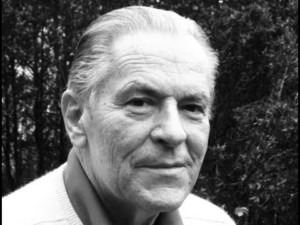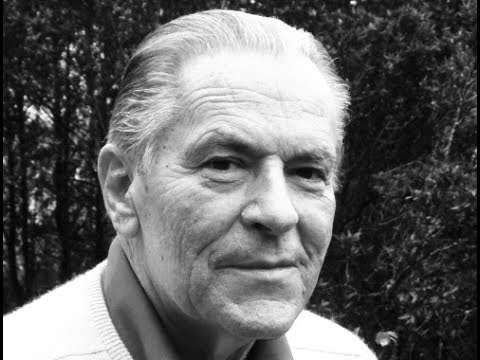
The leading philosophy of Western science has been monistic materialism. Various scientific disciplines have described the history of the universe as history of developing matter and accept as real only what can be measured and weighed. Life, consciousness, and intelligence are seen as more or less accidental side-products of material processes.
Physicists, biologists, and chemists recognize the existence of dimensions of reality that are not accessible to our senses, but only those that are physical in nature and can be revealed and explored with the use of various extensions of our senses, such as microscopes, telescopes, and specially designed recording devices, or laboratory experiments.
In a universe understood this way, there is no place for spirituality of any kind. The existence of God, the idea that there are invisible dimensions of reality inhabited by nonmaterial beings, the possibility of survival of consciousness after death, and the concept of reincarnation and karma have been relegated to fairy tales and handbooks of psychiatry.
From a psychiatric perspective to take such things seriously means to be ignorant, unfamiliar with the discoveries of science, superstitious, and subject to primitive magical thinking. If the belief in God or Goddess occurs in intelligent persons, it is seen as an indication that they have not come to terms with infantile images of their parents as omnipotent beings they had created in their infancy and childhood. And direct experiences of spiritual realities are considered manifestations of serious mental diseases – psychoses.
The study of holotropic states has thrown new light on the problem of spirituality and religion. The key to this new understanding is the discovery that in these states it is possible to encounter a rich array of experiences which are very similar to those that inspired the great religions of the world – visions of God and various divine and demonic beings, encounters with discarnate entities, episodes of psychospiritual death and rebirth, visits to Heaven and Hell, past life experiences, and many others.
Modern research has shown beyond any doubt that these experiences are not products of pathological processes afflicting the brain, but manifestations of archetypal material from the collective unconscious, and thus normal and essential constituents of the human psyche. Although these mythic elements are accessed intrapsychically, in a process of experiential self-exploration and introspection, they are ontologically real, have objective existence. To distinguish transpersonal experiences from imaginary products of individual fantasy or psychopathology, Jungians refer to this domain as imaginal.
In view of these observations, the fierce battle that religion and science have fought over the last few centuries appears ludicrous and completely unnecessary. Genuine science and authentic religion do not compete for the same territory; they represent two approaches to existence, which are complementary, not competitive.
As Ken Wilber has pointed out, there cannot possibly be a conflict between science and religion, if both of these fields are properly understood and practiced. If there seems to be a conflict, we are likely dealing with “bogus science” and “bogus religion.” The apparent incompatibility is due to the fact that either side seriously misunderstands the other’s position.
Stanislav “Stan” Grof is a Czech psychiatrist, one of the founders of the field of transpersonal psychology and a researcher into the use of non-ordinary states of consciousness
Stanislav Grof







